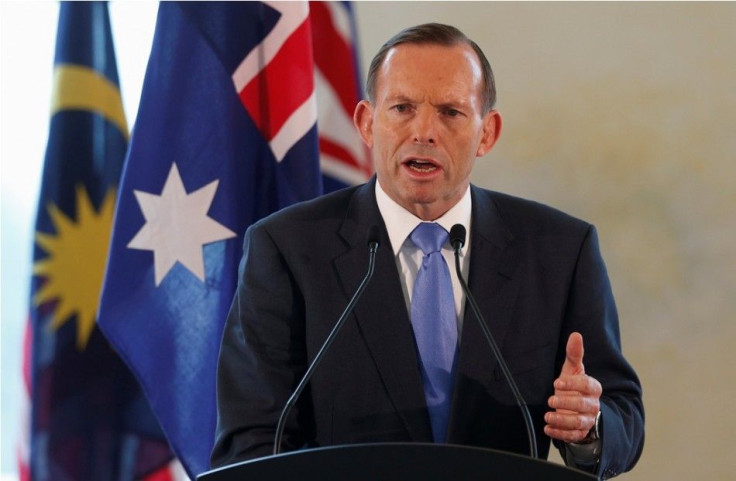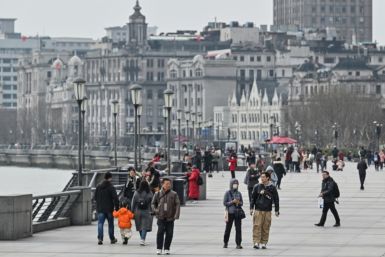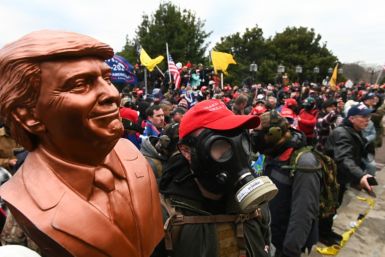PM Tony Abbott Admits Feeling Bad About Plummeting Popularity

On Nov 5, at the memorial service for deceased Australian Prime Minister Gough Whitlam, the historic occasion gathered for the first time seven current and former living prime ministers.
However, it was marred by current PM being booed by the predominantly Labor Party crowd since Mr Whitlam belongs to the same party.
But it is not just in gatherings with Labor-dominated crowd that Mr Abbott could feel his declining popularity. Recent polls also showed that the Coalition leader is not as popular as when his party won majority of seats in the September 2013 elections that resulted in Mr Abbott fulfilling his childhood dream of becoming PM.
But just a little more than a year in power, he is experiencing what Kevin Rudd was going through the dying days of the Labor Party. In an interview with ABC, Mr Abbott admitted that man voters now feel dismayed, disappointed and surprised with how he runs the party that the shoe is now on the other foot with the Opposition leading by double digits in recent surveys, while the PM's popularity plummeted to a five-month low.
YouTube/7NEWS
The PM insisted he kept his four core promises to stop the asylum boats, repeal the carbon tax, construct roads and start repairing the federal budget. But he also acknowledged having unpopular decisions which seem contrary to what he campaigned for during the campaign period because of changes in circumstances beyond his control.
He blamed the Labor government for leaving a huge budget deficit that caused the administration to propose unpopular measures and the Opposition for not cooperating with the Abbott government.
However, Labor leader Bill Shorten said the party based its stand on principles. He said the party worked with the Coalition to pass the new national security laws. Shorten also cited backing at least $20 billion in budget savings.






